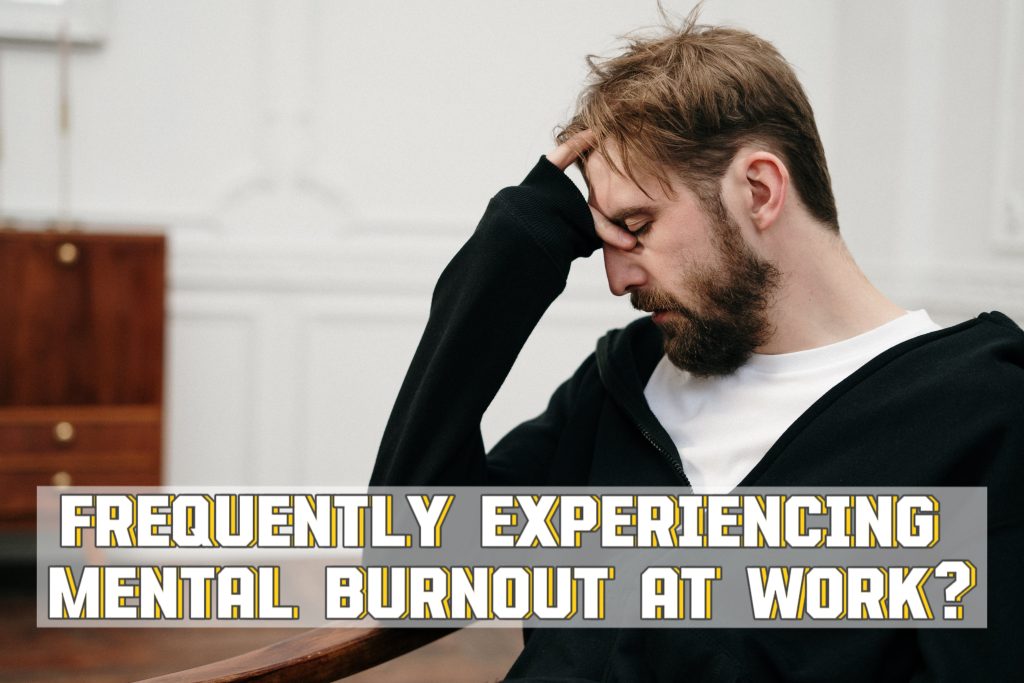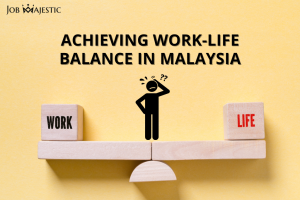Because of how busy work is these days, it’s easy to get mental burnout. You might always think about work, even when you’re not there. In Chinese society, this is often called “internal consumption,” meaning using your mental resources for no reason.
Think about it: Have you ever spent the whole day thinking about the meaning of a single word or even a subtle facial expression? Even when other people praise you, you still have a sneaking idea that it’s just a way to comfort you and hide how they really feel. For very sensitive people, every little change in how others behave shows how inadequate they think they are. It’s time to stop causing yourself so much trouble.
Here are 3 questions to help you break free from the cycle of self-inflicted struggles:
1. Is Others Calmness Truly Crucial to Your Life?

Think about how important other people’s calmness is to you in the big picture of your life. Does their apparent indifference hold the key to your happiness and success?
2. Is Others Perception the Absolute Truth?

Encourage yourself to question the idea that how others describe and perceive you is an absolute truth. Instead, view their perspectives as subjective opinions rather than unquestionable facts.
3. Why Seek Validation Exclusively from Others?

Examine the tendency to derive your sense of worth solely from others’ opinions. What is the rationale behind tethering your self-value to external validation?
These questions help you overcome self-imposed problems. Feedback and opinions are helpful, but separating good counsel from overanalysis is crucial. Focus on self-improvement and learn to detach external judgments from your worth. Allow them to be themselves and yourself to be yourself.
10 Signs of Self Mental Burnout

1. Overanalysis and Sensitivity
Constantly overthinking and excessively interpreting others’ words, leading to heightened sensitivity.
2. Emotional Vulnerability to External Influences
Allowing others’ actions and words to significantly impact one’s mood throughout the day.
3. Excessive Anxiety
Persistent worry about the unknown, accompanied by a constant fear of potential future events.
4. Chronic Indecision
Difficulty making decisions, often lingering in uncertainty and questioning the validity of choices.
5. Perfectionism
Setting unrealistically high standards, struggling to accept personal flaws and errors.
6. Discontentment with the Status Quo
Feeling dissatisfied with the current situation but fearing the potential failure associated with change.
7. Frequent Self-Doubt
Engaging in continuous negative self-talk, questioning one’s abilities and self-worth.
8. Procrastination as a Coping Mechanism
Postponing tasks to avoid potential failure and the negative emotions associated with it.
9. Self-Loathing Despite Desiring Change
A desire for transformation coupled with a lack of motivation, leading to self-blame and criticism.
10. Persistent Regret Over Past Events
Dwelling on unchangeable past occurrences, harbouring ongoing regret and guilt.
4 Ways to Stop Self Mental Burnout

1. Enhance Self-Awareness for Confidence Building
Recognize your unique strengths, values, and goals as the foundation for building confidence. Reflect on core values, identify personal strengths, and align with meaningful objectives. Focusing on personal growth and progress contributes to a positive self-image.
2. Detaching from External Validation
Embrace imperfections, reduce reliance on others’ opinions, and remember that everyone has distinct perspectives. Realise that external perceptions are transient, and one’s true value is known only to oneself. Reducing dependence on external validation is key to establishing genuine self-confidence.
3. Set Realistic and Attainable Goals
Lower unrealistic standards by breaking down ultimate goals into manageable, short-term objectives. This approach helps build a sense of accomplishment, reducing self-doubt and negative self-evaluation. Breaking the cycle of self-sabotage also fosters the belief in one’s ability to make positive changes.
4. Prioritise Action Over Perfection
Taking action is always more important than endlessly perfecting plans. Action, observation, reflection, and refinement lead to improvement. Starting the journey toward improvement is more impactful than fixating on the pursuit of perfection. Action allows for progress and reveals valuable insights.
Summary
Breaking free from the cycle of self-inflicted struggles involves a shift in perspective and a commitment to self-worth independent of external opinions. By redirecting your focus towards personal growth and learning to compartmentalise feedback, you can empower yourself to overcome overthinking and cultivate a healthier, more resilient mindset. Remember, the key lies in allowing others to be who they are while embracing your unique journey without unnecessary self-doubt.
Job Seekers and Employers Unlock Your Career Potential with Job Majestic! Explore the Features, Benefits, and Unique Opportunities Awaiting You. Ready to Elevate Your Job Search Experience?
Dive into the World of Job Seekers Today and Take the Next Step in Your Professional Journey!
![]()







